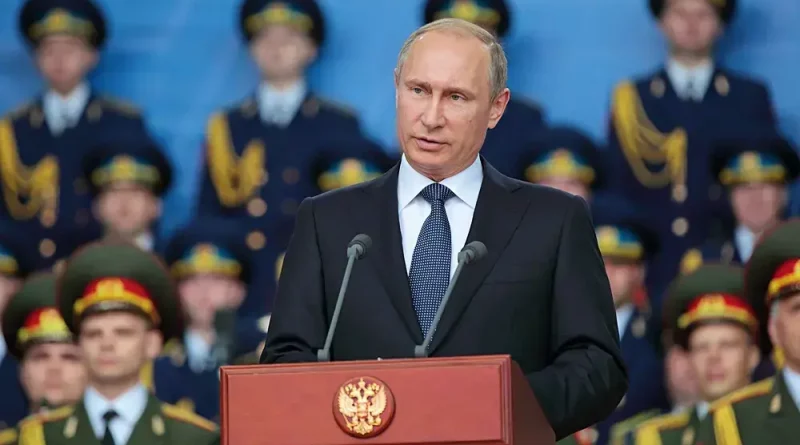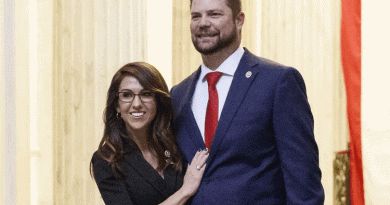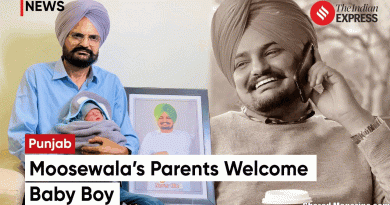A Comprehensive Insight into Vladimir Putin: The Enigmatic Leader
Introduction
In the global political landscape, few figures have commanded as much attention and speculation as Vladimir Putin, the President of Russia. From his enigmatic persona to his controversial policies, Putin has been a subject of fascination and scrutiny for years. In this article, we delve deep into the life, career, and impact of this influential leader.
1. Introduction to Vladimir Putin
Vladimir Putin, born on October 7, 1952, in Leningrad (now St. Petersburg), Russia, has been a dominant figure in Russian politics for over two decades. His ascent to power marked a significant shift in Russia’s trajectory, shaping not only domestic policies but also international relations.
Early Life of Vladimir Putin
Putin’s upbringing was modest, characterized by the hardships of post-World War II Russia. He excelled academically, showing early signs of ambition and intelligence. After studying law at Leningrad State University, Putin joined the KGB, where he served as a foreign intelligence officer.
Political Career Beginnings
Entry into Politics
Vladimir Putin entry into politics came after the dissolution of the Soviet Union in 1991. He served in various administrative roles before being appointed Prime Minister by President Boris Yeltsin in 1999.
Rise to Power
Vladimir Putin rise to power was swift and decisive. He succeeded Yeltsin as President in 2000 and has since maintained a firm grip on Russian politics, serving multiple terms as both President and Prime Minister.
Leadership Style
Vladimir Putin leadership style is often characterized as authoritarian, with critics citing a crackdown on political dissent and media freedom. However, his supporters argue that his strong leadership has brought stability and economic growth to Russia.
Authoritarianism vs. Democracy
Putin’s approach to governance has been a subject of debate, with some praising his decisive leadership style while others condemn it as undemocratic.
Domestic Policies
Putin’s domestic policies have focused on centralizing power and promoting economic development. He has implemented various reforms aimed at modernizing Russia’s economy and infrastructure.
Foreign Policies
In terms of foreign policy, Putin has pursued a assertive stance, seeking to restore Russia’s influence on the global stage. His actions, particularly in Ukraine and Syria, have sparked international controversy and condemnation.
Controversies and Criticisms
Despite his popularity at home, Putin has faced significant criticism from the international community for his handling of various issues.
Human Rights Concerns
Vladimir Putin government has been accused of suppressing political dissent and violating human rights, leading to strained relations with Western countries.
Annexation of Crimea
One of the most contentious actions under Putin’s leadership was the annexation of Crimea in 2014, which drew widespread condemnation and sanctions from the international community.
Allegations of Election Interference
Russia has been accused of meddling in foreign elections, including the 2016 US presidential election, although Putin has consistently denied these allegations.
International Relations
Putin’s approach to international relations has been characterized by pragmatism and assertiveness, often challenging Western dominance and seeking alliances with other global powers.
Relations with the West
Tensions between Russia and the West have escalated in recent years, fueled by disagreements over issues such as Syria, Ukraine, and allegations of election interference.
Relationships with Other Countries
Despite strained relations with the West, Putin has cultivated alliances with countries like China and India, strengthening Russia’s position in the global arena.
Economic Policies and Impact
Putin’s economic policies have focused on promoting growth and stability, with mixed results. While Russia has experienced periods of prosperity under his leadership, economic sanctions and falling oil prices have presented significant challenges.
Personal Life and Public Image
Despite his high-profile position, Putin maintains a relatively private personal life. He is known for his love of sports and outdoor activities, cultivating an image of strength and vitality.
Legacy and Future Outlook
Putin’s legacy remains a subject of debate, with supporters praising his leadership and detractors condemning his authoritarian tendencies. As he approaches his twilight years in power, questions about Russia’s future direction loom large.
Conclusion
In conclusion, Vladimir Putin’s impact on Russia and the world stage cannot be overstated. His leadership has shaped the course of Russian politics and international relations, leaving a complex and often controversial legacy.
FAQs
Is Vladimir Putin the richest man in the world?
While estimates of Putin’s wealth vary widely, it’s difficult to determine his exact net worth due to the opacity of Russian politics and business.
What is Putin’s stance on climate change?
Putin has expressed skepticism about the human impact on climate change but has also acknowledged the need for environmental conservation and sustainable development.
Does Putin have any children?
Putin keeps his personal life private, and details about his family, including any children he may have, are not widely known.
How long has Putin been in power?
Putin has been a dominant figure in Russian politics since the early 2000s, serving multiple terms as both President and Prime Minister.
What is Putin’s approval rating in Russia?
Putin’s approval rating in Russia has remained consistently high, with polls indicating strong support among the Russian population.



